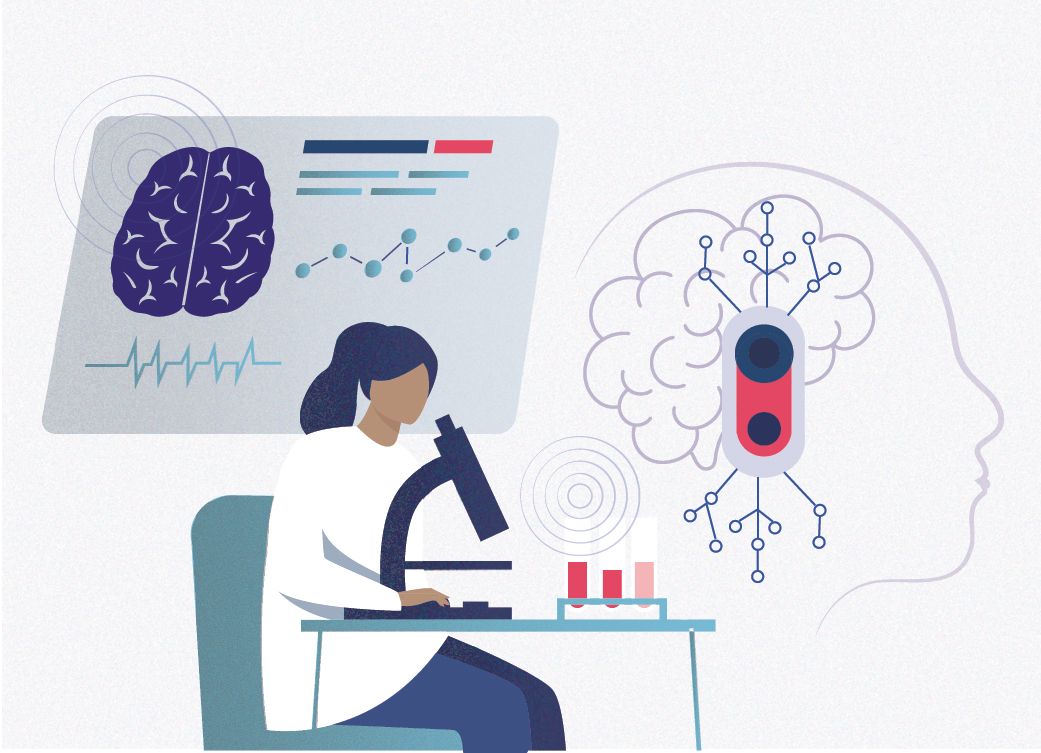Hi nice to meet you!


By Susanne FeldtUpdated Feb 1, 2023 | Published Jan 1, 2021
AI for Affordable Medical Treatments
Artificial intelligence is a vital tool for enhancing the pace and accuracy of medical research, ultimately resulting in improved health outcomes for everyone. However, AI relies on large, comprehensive data sets, and the current system doesn't ensure data accessibility. This is where human-centered design and legal engineering can play a role. This article will delve into the significance of AI in medical research, particularly in drug development (R&D).
Situation/ Complication: Limited Access to Medical Treatments
Pharmaceutical companies have the potential to change the world but instead, they tend to focus on diseases that are prevalent in wealthy countries, ignoring significant health issues in underdeveloped regions. R&D is a costly process, and pharmaceutical companies must operate economically. However, a more efficient R&D process could lead to faster innovation and lower drug development costs, benefiting those with limited financial resources and addressing rare diseases.
Solution: The Potential of AI
With the support of cloud computing, AI is transforming the drug discovery process for pharmaceutical companies of all sizes, from large multinationals to startups. AI can help companies better understand the impact of drugs on specific patient populations and adjust their strategies accordingly.
The potential of AI
With the support of cloud computing, AI is helping in several different ways by drug companies of all sizes, from large multinationals to early startups to discover new drugs and make the drug discovery process more efficient. Machine learning can help companies understand the impact of drugs on specific market segments. This allows them to adjust their strategy based on disease density or patient lifestyles.
AI or rare diseases
AI in drug discovery holds great promise for healthcare, particularly for rare diseases that often go overlooked due to their limited market potential. Currently, 85% of R&D budgets are spent on developing drugs for just 15% of the population. AI-powered screening could significantly reduce the time required to find effective treatments, from 12 years to just two.
AI for new drug discoveries
Researchers are using AI to study the genetic changes associated with different diseases and the effects of experimental drugs. AI can also be used to explore gene associations and identify related diseases.
AI for Personalized Medicine
With the help of data-driven programs, like the FDA's precision program and the National Institutes of Health's "All of Us" campaign, we are on the brink of being able to customize medicine for each individual. AI can also optimize drug discovery by uncovering correlations between disease and treatment, leading to more efficient healthcare and better outcomes at a lower cost.
Conclusion
To ensure better health outcomes for everyone, we must prioritize the collection and sharing of more health data, even with pharmaceutical companies. By democratizing health globally, we can create a more equitable healthcare system for all.
Loading...